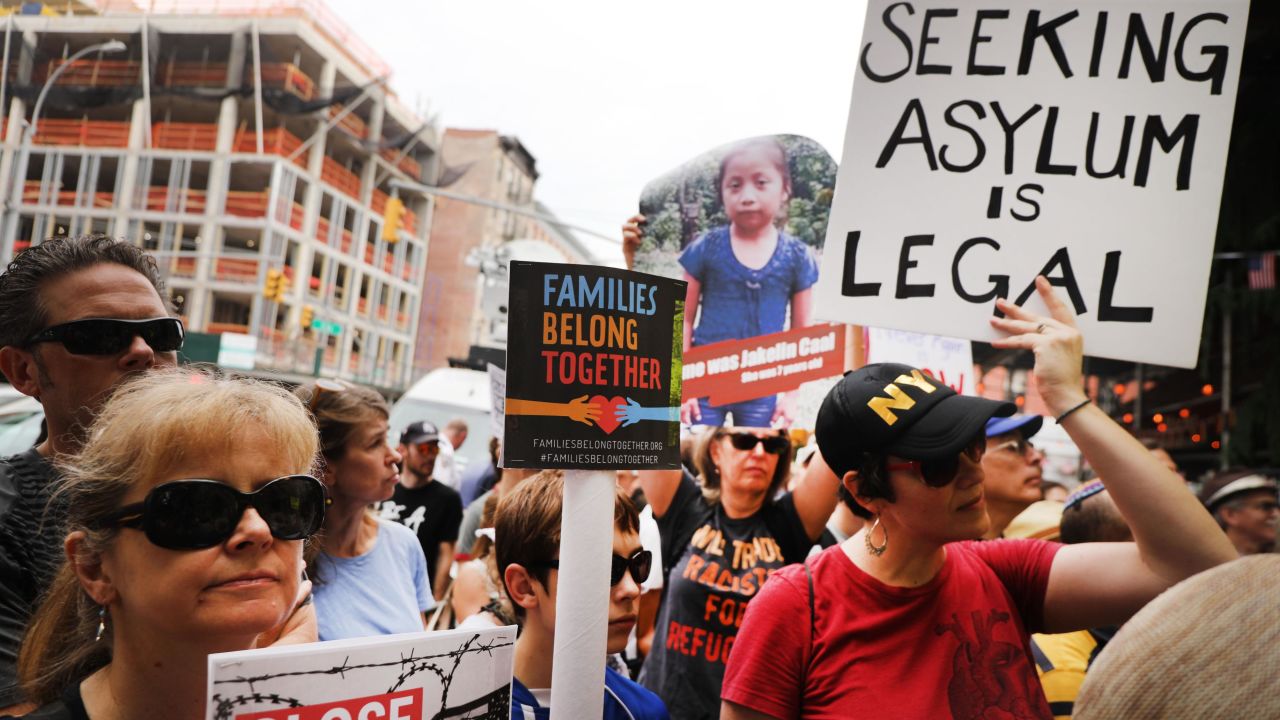In a small town known for its prisons, a fierce battle brews over the reopening of a facility that once became synonymous with suffering. Residents of Leavenworth, Kansas, have banded together to resist CoreCivic"s plans to reopen a troubled immigrant detention center, a move that could see the company pocketing an astounding $23 million in taxpayer dollars.
Community Rising Against Corporate Greed
On a picturesque May evening, the local library filled with concerned citizens, not just from Leavenworth but from surrounding areas, coming together to strategize against what they view as an impending crisis. CoreCivic, a private prison giant, has eyes set on reopening a facility notorious for violence and neglect. As local organizer Rick Hammett poignantly stated, “To be profitable, private prison firms must ensure that prisons are not only built but also filled.” This insatiable appetite for profit drives their operations, often at the expense of human dignity.
Historical Context of Injustice
Leavenworth"s history is steeped in a struggle for justice, dating back to its abolitionist roots. Residents remember the facility"s dark past, where reports of beatings, stabbings, and suicides were rampant. According to The Marshall Project, the facility was closed in 2021 after years of documented abuse and mismanagement. The city had to change its permitting laws to ensure that no more facilities could operate without community oversight.

"Close the camps": Protesters across country demand end to migrant ...
The Fight for Local Control
When CoreCivic sought to reestablish its presence in Leavenworth, city officials were quick to reject the proposal, citing the facility"s history as an "absolute hell hole." The city took legal action, arguing that CoreCivic must obtain a special use permit, a move supported by the community. As reported by Kansas Reflector, the city’s leaders expressed a commitment to safeguarding the community from the negative impacts of a private prison.
Voices from Within the System
The opposition is not solely a matter of community sentiment; former employees of CoreCivic have also stepped forward, detailing horrific conditions inside the facility. Bill Rogers, a former corrections officer, described the anguish of working in a system that prioritized profits over safety. “I remember Dillon Reed, a young man who died on my watch,” he recounted, visibly shaken by the memory of a life lost due to neglect. This personal testimony underscores the human cost of privatized incarceration.

Westover Magazine | Fall 2024 by Westover School - Issuu
CoreCivic"s Financial Motives Exposed
CoreCivic is not just a prison operator; it’s a publicly traded company with a vested interest in expanding its detention capacity. The company has touted the potential for over $4 million monthly in profits, relying on the fear of immigration to ensure a steady flow of detainees. As reported by Mother Jones, this economic incentive creates a perverse cycle where more detainees mean more profits, leading to an expansion of an already broken system.
As the community prepares for a protest against the reopening of the facility, they rally around the belief that everyone deserves dignity and respect, irrespective of their immigration status. The battle in Leavenworth is not just about local politics; it represents a broader struggle against the commodification of human lives.


![[Video] Federal agents chase woman in Minneapolis during protest](/_next/image?url=%2Fapi%2Fimage%2Fthumbnails%2Fthumbnail-1768254086697-5gfcba-thumbnail.jpg&w=3840&q=75)




![[Video] Gunfire between Iraqi security forces and Sadr militias in Baghdad](/_next/image?url=%2Fapi%2Fimage%2Fthumbnails%2Fthumbnail-1768343508874-4redb-thumbnail.jpg&w=3840&q=75)
